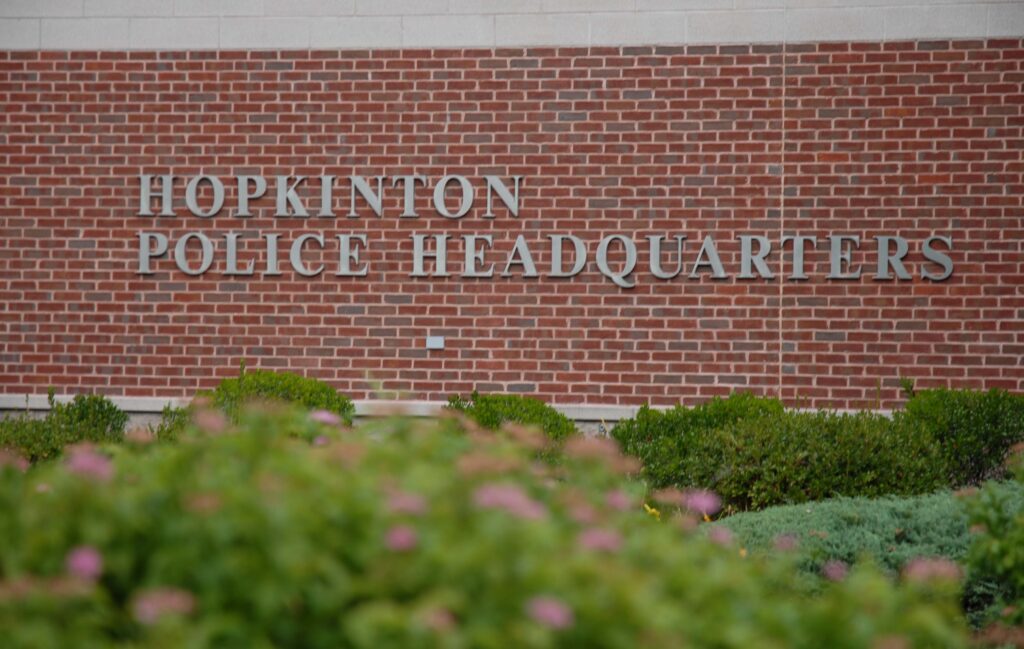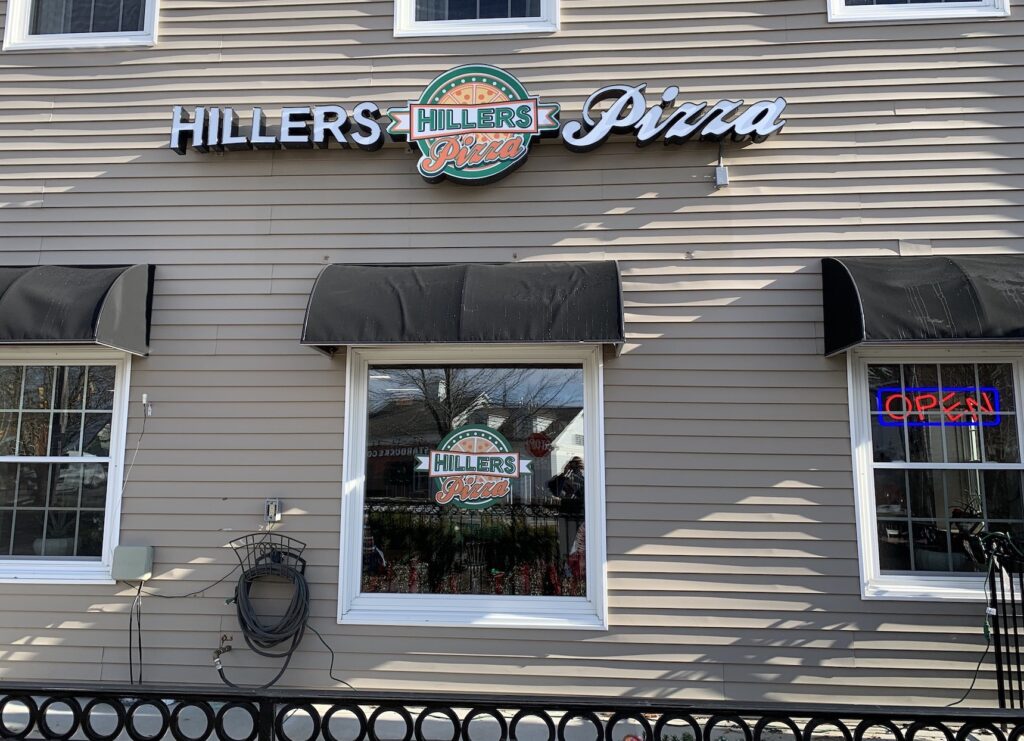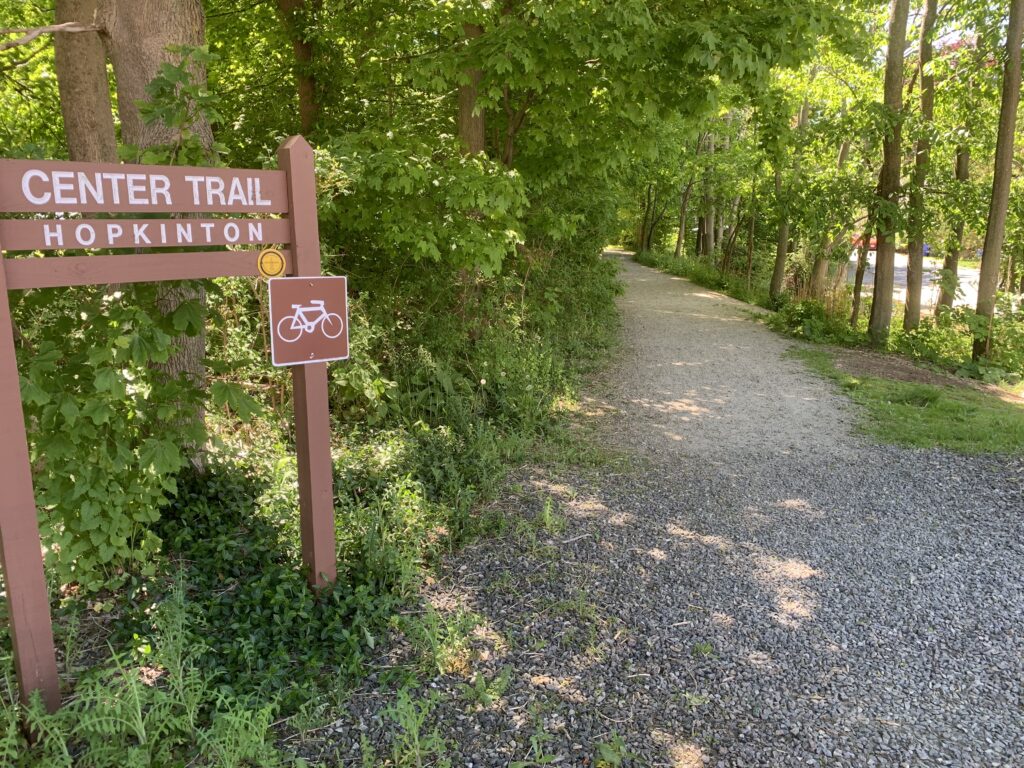Following a lengthy discussion, the Select Board voted unanimously Tuesday to forward a revised fiscal year 2024 budget of approximately $113 million to the Appropriation Committee. A stipulation was made to restore $115,000 from a $350,000 reduction to the schools budget in case pending grant money does not get approved.
Over the weekend, Town Manager Norman Khumalo made adjustments to the FY24 budget proposal to reflect an increase in net state aid of $918,672, a $1 million reduction in overlay contribution because Eversource did not file a tax appeal this year, and the application of opioid fund money to Youth and Family Services ($30,000).
The operating budget still shows an increase of 2.3 percent.
Earlier in the evening, the School Committee met to discuss the implications of a $350,000 reduction to its proposed budget.
The budget so far
The School Committee voted for a $60.1 million budget, which is an 8.3 percent increase over FY23. About 4.5 percent of that increase, Superintendent Carol Cavanaugh said, was in non-negotiable costs either by contract or law.
Before factors like the increased state aid were known, the School Committee was asked to trim $1.7 million from its budget plan to be in accordance with the town’s directive of a cap of 5.1 percent in increases.
However, Khumalo’s revisions meant that Cavanaugh and other administrators met on Monday to find places in the budget to decrease by $350,000 instead.
Cavanaugh presented a plan to the School Committee showing a reduction for two technology integration specialists, noting that one would remain in a 0.6 FTE (full-time equivalent) capacity to teach computer science. The savings would be $120,000.
Also on the list were reductions for newly requested part-time positions in business/technology/engineering and fine arts to save $45,000, as well as a number of one-time purchases like furniture, shelving, maps, a tuba and textbooks to create a $70,000 reduction.
Finally, Cavanaugh explained that Assistant Superintendent Jeffrey LaBroad had filed for a grant through the Student Opportunity Account to cover “additional positions that would impact teaching and learning.” The district is awaiting word on that possibility for approximately $115,000.
The superintendent noted there are 4,202 students in the school system, 100 more than what was projected for this school year.
Per pupil comparisons presented
Cavanaugh spoke about per pupil expenditures comparing Hopkinton to 321 communities in the state. In six categories, Hopkinton ranks in the bottom 25 percent of the state for per pupil expenditures.
In another five categories, it ranks in the bottom 50 percent.
In its only higher ranking, the town is 90th out of 321 for “professional development,” an area that is mostly grant funded, Cavanaugh said.
Noting the schools have maintained quality despite the situation, Cavanaugh added, “At some point, there has to be a breaking point.”
School Committee vice chair Amanda Fargiano said she is concerned about the enrollment growth and per pupil expenditures and had more questions about “judgment calls being made at the 11th hour.” She wanted to know where the figures for reductions were coming from, and, “What is the tradeoff?”
School Committee chair Nancy Cavanaugh compared the last couple of weeks of changing budget information as “bouncing like a ping-pong ball.” She recommended having a “placeholder” for the money in the town’s budget in case the grant is not approved.
School Committee members said they understood the spirit of cooperation the town seeks and the need for fiscal responsibility. Still, some members said they didn’t want the $350,000 removed from the proposed budget or the suggested items totaling $235,000 taken out either.
School Committee member Jenn Devlin said the “restructuring” of positions “rubs me the wrong way,” because it implies those positions are not performing vital functions.
Member Holly Morand referred to the numerous meetings and public hearings held about the budget where none of these reductions over the last couple of months were brought up.
Member Lya Batlle-Rafferty agreed it is “frustrating.” She said, “We put everything out there to collaborate [months ago] and we got a lot of nodding. And last minute we got, ‘No, we don’t like it.’ ”
She said she is trying to weigh her feelings of frustration with her thoughts on the “back and forth cuts.”
Nancy Cavanaugh expressed hope the funds could be retained for “people-facing” positions and said she hoped a solution was forthcoming “quickly and reasonably.”
She acknowledged there was “not a consensus” among the committee heading into the Select Board’s session.
Other departments impacted by changes
Khumalo noted at the Select Board meeting that the adjusted operating budget would maintain critical services, meet contractual obligations and have a 2.9 percent tax impact on existing homeowners.
The town manager said under the latest plan, the School Department got $4.3 million in new funding and its budget contains many new positions. The rest of the town is not adding new positions, Khumalo said.
He emphasized a 26 percent jump in health care costs for town and school employees. That includes benefits for new school employees as well as other employees who have switched from their spouse’s coverage or decided to add on to the town’s insurance.
He said the proposed budget before the Select Board was a recommendation and not a decision, and board members or Town Meeting could decide to spend more or less money.
Town Chief Financial Officer Tim O’Leary highlighted other budget adjustments made to get to the current figure. They included level-funding highway paving, slowing police vacancy recruitment, deferring communications staff changes and deferring Fire Department staff changes.
Fire Chief William Miller said that he is comfortable foregoing additional staff at this time, and using increased funds in overtime for coverage would be “a step in the right direction.”
Miller acknowledged there may be times people have to wait for a fire truck or ambulance, and the department will continue to rely on mutual aid when multiple calls occur.
“We all need to play a role to close the deficit,” he said.
Khumalo said since he’s worked for the town, the Fire Department has had numerous additions made to staff.
Select Board member Muriel Kramer said the Fire Department should be the priority going forward when there is flexibility in the budget.
Select Board member Irfan Nasrullah said the town was lucky with Eversource not filing an appeal this year after eight straight years of appeals, but that savings might not happen again and could not be counted on as a future revenue source.
To give more funding to the schools, Select Board member Shahidul Mannan suggested putting less money into the stabilization and OPEB (other post-employment benefits) accounts this year.
He noted that last year, $400,000 was contributed to the OPEB fund and this year, nearly double is recommended. “A 98 percent increase is a bit too high. Let’s not overdo it.”
O’Leary noted the stabilization fund has a balance of $3.9 million. Last year, no funds were added; this proposal calls for a $700,000 contribution.
The CFO emphasized the need to be financially responsible and realize that when staff is added, health care costs and other liabilities are added as well.
He spoke about maintaining a Triple-A bond rating to get lower interest rates that can potentially save an average homeowner about $200 down the road.
Ultimately, when the revised budget was approved, it was with the understanding the additional money to the schools would come out of the suggested OPEB and stabilization funds.
Khumalo described the budget talks as “a very vibrant, forward-thinking discussion.”





















0 Comments